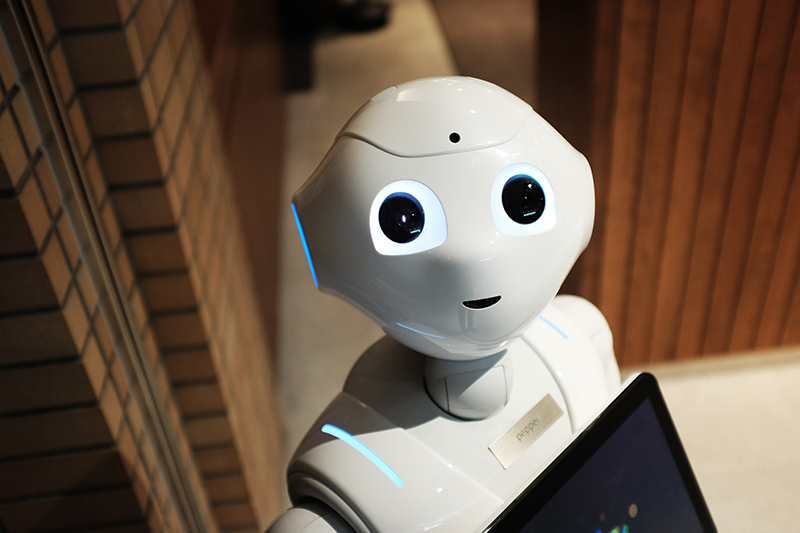How AI Fits in an Overall Security Scheme

In a security context, the most obvious application for artificial intelligence is in guarding the computer system against online attacks. However, does AI have applications for physical security as well?
What Is Artificial Intelligence?
Artificial intelligence involves teaching computers to think, learn, behave, and respond more like human beings would. In the past decade or so, AI has become ubiquitous. Almost every mobile device has a digital assistant (such as Siri or Alexa) that can respond to verbal commands and absorb new data into its algorithm for later recall and application.
However, even though artificial intelligence is more common now than it used to be, the concept is much older than you might think. The “father of computer science,” Alan Turing, first proposed the question of whether machines can think in a 1950 paper called “Computing Machinery and Intelligence.” The Turing Test was a measure of AI proposed in the paper in which a human interrogator would evaluate texts generated by either a computer or a human being in an effort to determine which was which. The theory was that a machine’s ability to think could be measured based on whether it generated responses that could convince the interrogator that another human produced the text.
How Is Artificial Intelligence Commonly Used in Security?
Unsurprisingly, AI is primarily used today in the realm of cybersecurity, protecting computer networks and mainframes from attacks by malicious software programs, also known as malware. For example, AI is used to evaluate new software updates or apps from suspicious programming. Once identified, the suspicious programs can be sent to the appropriate security team for remediation. It can sort through security alerts and prioritize those that are urgent from those that are not. It can identify anomalies and alert security times for the need for a response.
What Are the Limitations of Artificial Intelligence?
While AI has many impressive capabilities, it has limitations as well. Artificial intelligence can only work with the data with which it has been provided; it has no capacity for creative thought, inspiration, or intuition. Therefore, it is unable to make decisions or choices based on anything but empirical data.
Another limitation of artificial intelligence is that it has no sense of morality or ethics. It cannot consider whether the action it is about to take is right or wrong, or whether there are extenuating circumstances that would contraindicate its actions.
Theoretically, the ability of AI to detect anomalies could be used to alert human workers to potential vehicle attacks. The workers could then deploy Delta Scientific barricades accordingly. This is similar to the way AI is used in cybersecurity, handling mundane concerns and handing the serious ones to the human team.
However, the final decision to deploy the barricades themselves should probably always belong to a human being rather than a computer, even one equipped with artificial intelligence. A human being has the ability to assess the situation and determine whether the circumstances warrant the use of the barricade. This is important because many of our products are designed to cause death to the driver of the vehicle upon impact.
Sources:
https://www.ibm.com/cloud/learn/what-is-artificial-intelligence
https://www.techtarget.com/searchenterpriseai/definition/AI-Artificial-Intelligence
https://www.darkreading.com/attacks-breaches/ai-is-not-a-security-silver-bullet
Share This Story, Choose Your Platform!
